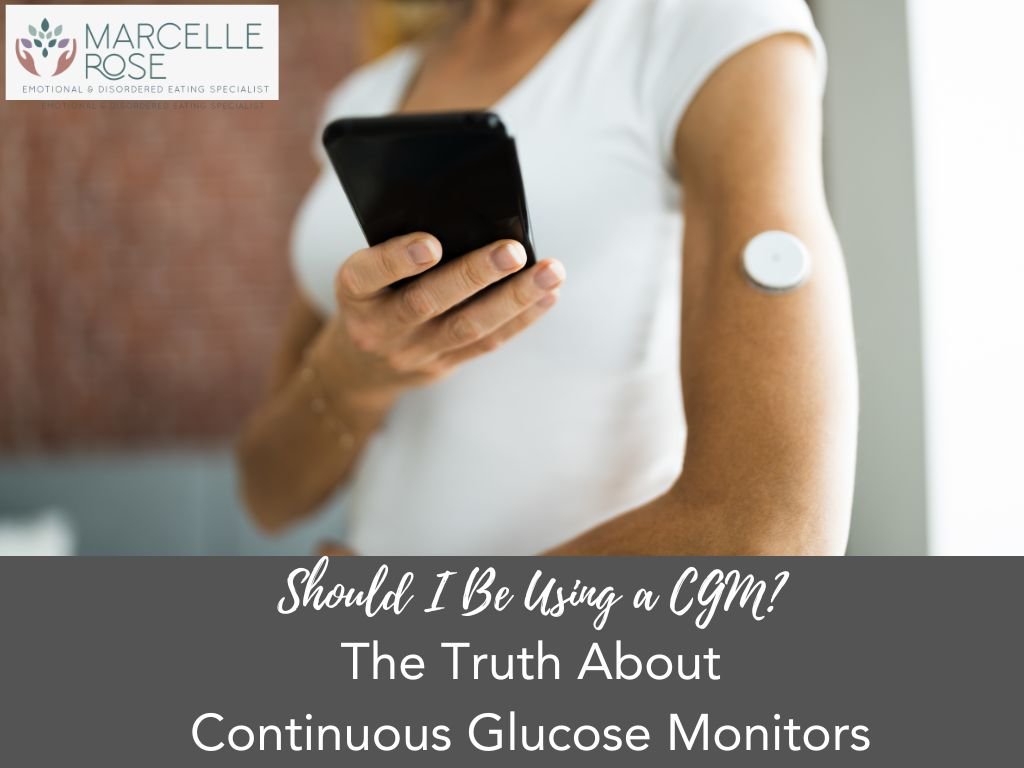In a world driven by technological advancements, dieting apps like Zoe, MyFitnessPal and Noom, have risen to prominence as tools for weight management, fitness, and health. Despite their apparent benefits, there are many unforeseen issues that come with using these apps. Contrary to the many claims made, there is an unexposed dark side of diet apps that can potentially have significant adverse effects on your well-being.
This week, I'm shedding light on the unseen challenges that you might face with these platforms also highlighting why these apps often fall short of delivering on their proclaimed benefits.
1. The Numbers Game
A 2021 study found that diet and fitness apps often foster disordered eating by emphasising ‘quantification’, such as calorie counting. This focus on numbers creates a fixation that can lead to rigid diets, obsession and app dependency. Have you ever found yourself constantly checking back with notifications and craving a sense of achievement from sticking to strict numerical goals? The apps' 'negative' messages serve as motivation for some users, creating an unhealthy cycle.
2. Overlooking Mental Health
The emphasis on weight loss aligns with Western cultures' fixation on thinness and dieting, potentially exacerbating psychological problems. The previously mentioned study revealed that participants often felt rewarded or shamed based on the visual feedback provided by the apps, contributing to their mental health issues.
3. The Gamification Trap
Many participants described feeling trapped in an unhealthy competition with themselves and the app, to eat less and less each day because the app ‘gamified’ eating, exercise, and tracking. Apart from disrupting their metabolism and increasing the risk of rebound weight gain or binge eating, undereating can lead to heart problems, dangerously low blood pressure, digestive issues, hair loss, infertility, osteoporosis, and a myriad of psychological and emotional issues, including panic attacks and depression.
The use of progress visualisations, particularly in apps like MyFitnessPal, contributed to feelings of guilt and shame if exceeding their calorie budget. Even the Zoe app (which sells itself as a health promoting programme) creates a fixation, by heavily relying on blood glucose data that disregards other aspects of nutrition and disconnects users from their body’s natural appetite needs.
4. A Wolf in Sheep's Clothing
Notably, diet companies and apps that position themselves as lifestyle platforms may still perpetuate the same problems. Many of these apps have got wise to the anti-diet rhetoric such as Noom, that despite labelling itself as psychologically driven to help you stop dieting, continues to promote calorie counting and daily weigh-ins.
5. A Diet is a Diet is a Diet
At the end of the day, many of these apps are promoting dieting of some kind and as research has shown diets are ineffective in the long term and cause more harm than good. As you embark on the journey to heal your relationship with food, I encourage you to download my guide, 'What the Diet Industry Doesn't Want You to Know.' This resource debunks common dieting myths in an easy-to-read format, empowering you with knowledge and insights to make informed choices on your path to a healthier and happier relationship with food.
Do you long for a happy relationship with food, but are feeling lost on where to begin? Grab my FREE guide Breaking the Cycle - Your First Steps to Healing Your Relationship with Food, to kickstart your journey today
This invaluable resource will help you:
✔️Know when you’re really hungry and when you’re not
✔️Learn when to eat that’s best for you
✔️Know the best snacks to help you stop craving and feeling out of control


